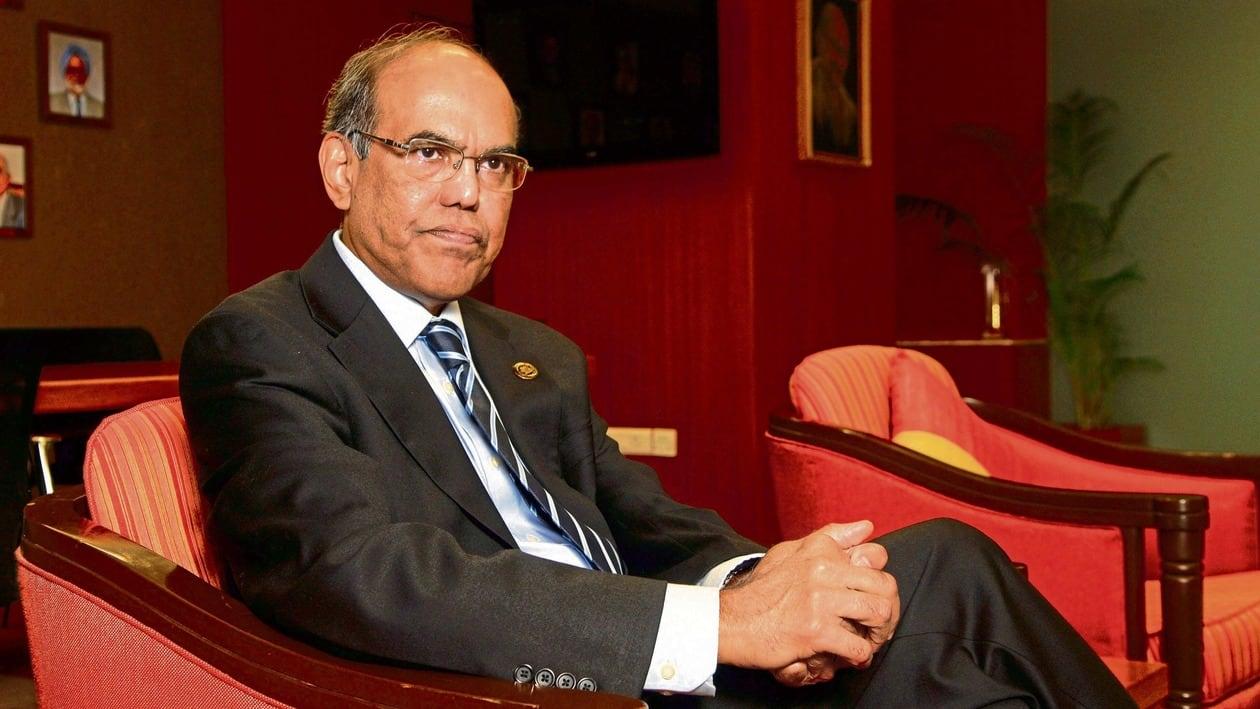(PTI) Former RBI governor D Subbarao has suggested that the government should come up with a 10-year road map for privatisation of all Public Sector Banks (PSBs) as it would provide much needed predictability to stakeholders.
Subbarao further said that the big bang approach to privatisation of state-owned banks is not desirable but at the same time the issue should not be put on the back burner.
"Ideally, we should have a road map, maybe over a 10 year timeframe, to privatise all PSBs.
"That will give much needed predictability to all stakeholders," he told PTI.
Meanwhile, Subbarao said the government should also be thinking about corporatisation of public sector banks so that they come within the umbrella of uniform RBI regulation.
In the Union Budget for 2021-22, the government announced its intent to take up the privatisation of two PSBs in the year and approved a policy of strategic disinvestment of public sector enterprises.
The government think-tank NITI Aayog has already suggested two banks and one insurance company to the Core Group of Secretaries on Disinvestment for privatisation.
According to Subbarao, the impact on the Indian economy of privatisation of PSBs will be in two ways.
"The overall efficiency of the banking system will improve as public sector banks, freed from the obligation of driving social objectives, will pursue profit maximisation like their private counterparts," he said, adding that the pursuit of social objectives like financial inclusion and priority sector lending might, to some extent, be compromised.
Even so, Subbarao said he believes the net cost benefit calculus of privatisation will be positive.
In 2020, the government merged 10 nationalised banks into four large lenders, thereby bringing down the number of PSBs to 12.
The former RBI governor observed that at India's current stage of development, the country should be using other instruments to pursue social objectives rather than continuing to place the burden on bank depositors and borrowers.
A research paper published in the August 2022 issue of RBI Bulletin had said "the gradual approach to privatisation adopted by the government can ensure that a void is not created in fulfilling the social objective of financial inclusion.
Asked whether high inflation will become the norm in India and if the country's inflation targeting regime faces its biggest test at the moment, Subbarao said he believes the RBI's monetary policy action as well as possible base effect will help bring inflation down to 4 per cent over the next two years.
RBI has been mandated by the government to ensure that inflation remains at 4 per cent with a margin of 2 per cent on either side.
Noting that monetary policy action will involve raising interest rates and withdrawing liquidity which RBI has already started, Subbrao said there is a case for further tightening although he cannot speculate on how much.
"The trend inflation of 6 per cent suggests that the repo rate should be 7 per cent so that it is positive in real terms," he said, adding that it is possible that RBI might not be so aggressive in the face of global slowdown.
While pointing out that it is important that the government deliver on the budgeted fiscal deficit of 6.4 per cent of GDP notwithstanding higher than budgeted expenditure commitments on food and fertilizer subsidies, Subbarao said any additional borrowing, apart from eroding fiscal credibility, will also put upward pressure on inflation.
According to official data, retail inflation softened to 6.71 per cent in July due to moderation in food prices but remained above the Reserve Bank's comfort level of 6 per cent for the seventh consecutive month.
The Consumer Price Index (CPI) based retail inflation was at 7.01 per cent in June and 5.59 per cent in July 2021. It was above 7 per cent from April to June this fiscal.
